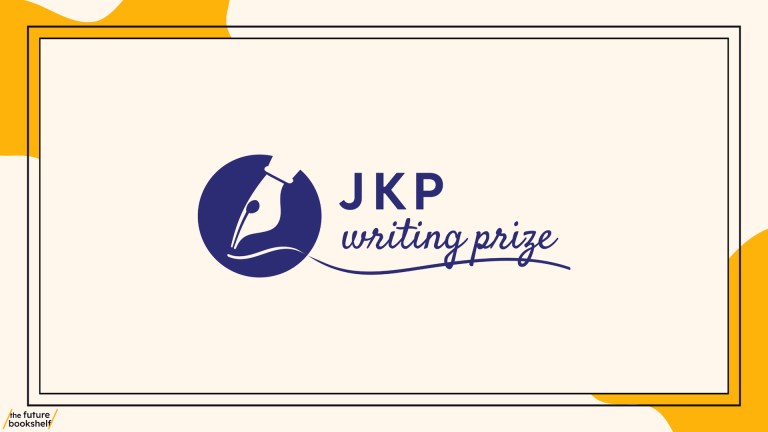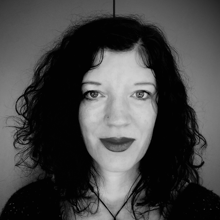‘Be fearless and have a vision for completion’
‘Be fearless and have a vision for completion’
from Write a Novel in 10 Minutes A Day, by Katharine Grubb
When you revise you are making changes that have to do with logic, clarity and artistic choices. When you edit, you make changes that have to do with the technical mechanics of language: grammar, spelling and punctuation. Revision should come first, since great chunks of your story may have to be rewritten, such as the tense or the point-of-view character. When the content is artistically sound, the faster task of editing begins. Proofreading is an aspect of editing
and deals with sentence errors, such as punctuation and spelling.
In this new stage, your purpose is no longer to create a story – adding sentences, chapters and plot points. Instead, it’s time to take away, to omit and edit out, to rearrange and turn around, to reshape and rewrite. It’s time to apply what is often credited to Hemingway but really said by novelist Peter De Vries and paraphrased here: ‘You wrote drunk, it’s time to edit sober.’
Don’t make the mistake of thinking that you have no need to learn how to do this. To edit your own work, you need to create emotional distance between ‘The End’ and picking up the red pen.
Putting your work in progress aside for few weeks may be all you need. You will need to make changes, perhaps painful ones, to make the book the best it can be. Most writers understand this and find a time of waiting helpful.
‘Good editing by the writer – before an outside editor ever sees your work – can make a difference between an okay book and a good one, or between a good book and a great one. It will also save you time and money.’
You are not ready to revise and edit if:
- you think every word you put in your draft is precious
- you think your handle on the English language is flawless
- you trust only your computer’s spellcheck function and no other proofreader
- you like the way your backstory goes on and on, can handle ‘head-hopping’ from one character to another and expect only your mother to buy copies
- the idea of cutting anything – any vague word, awkward sentence, self-indulgent paragraph, unnecessary chapter or
useless character – appals you.
If you are not ready to revise and edit, then you are certainly not ready to publish.
If you are ready, then you’ll be able to look at your manuscript objectively. You’ll eliminate unnecessary characters with the brutality of a hitman. You’ll change passive verbs to active ones with the precision of a surgeon. You won’t be afraid to fill your literal or figurative recycling bin with dozens of pages. You’ll be fearless and have a vision for completion.
Why go to all this trouble? It’s because, in order to be read in an overly saturated market, your story must stand out. To have your name attached to something of inferior quality insults your hard work and the readers who read it. Stories are powerful and sloppy, careless writing weakens a story’s power to move and shape the world. Errors also reflect on how you see yourself – if you don’t care about being your best, no one else will take you seriously. In the revising and editing you will become better and stronger and you will see yourself improve in future books. For all these reasons, revising and editing are worth doing, even though the process can be discouraging and tedious.



